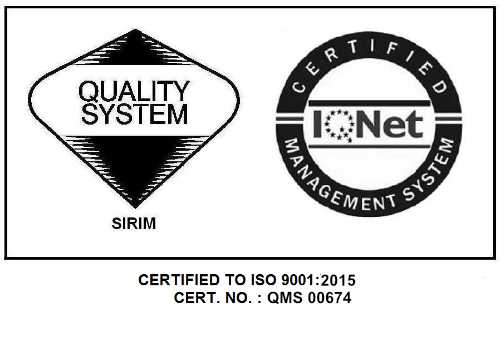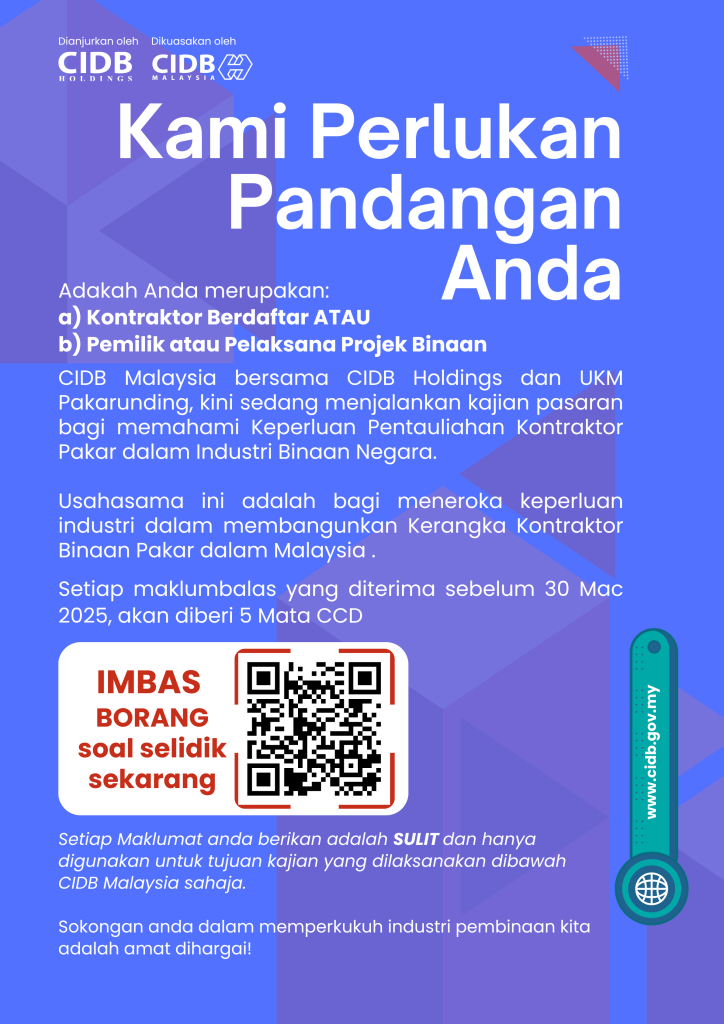
The iconic Eaton Centre in Toronto was renovated and modernised without demolishing the existing building.
As the world population continues to grow, the need for new buildings and infrastructure is higher than ever before. However, it is essential to recognise that buildings are responsible for a significant portion of global carbon emissions. In fact, 39% of worldwide energy-related carbon emissions result from buildings.
At this pace, by 2050, construction for our expanding population is expected to constitute half of the world’s entire carbon footprint. To combat this problem, there is a greater emphasis on circular economy solutions. This means finding ways to reuse or recycle materials in the construction process and reducing operational emissions from heating, cooling, and powering buildings.
As the world becomes more aware of the climate crisis, it’s becoming increasingly clear that solutions are needed to reduce carbon emissions. Government bodies, private developers and asset owners are all looking for circular economy solutions to make a positive impact.
Rather than building new greenfield projects, they are placing more emphasis on brownfield sites. For example, developers can avoid needing new materials and resources by reusing existing infrastructure or buildings. This reduces emissions associated with construction, manufacturing processes and transport.
For example, the iconic Eaton Centre in Toronto was renovated and modernised without demolishing the existing building. This allowed the developers to keep 95% of existing materials on site, saving time and resources that would have been required for a new project.
In addition to brownfield projects, there is an increasing focus on reusing and recycling materials from decommissioned projects. For example, many materials from demolished buildings can be salvaged and reused in new construction projects.
By reusing and recycling materials, the industry will significantly reduce the amount of waste sent to landfill sites and minimises the need for new resources.















